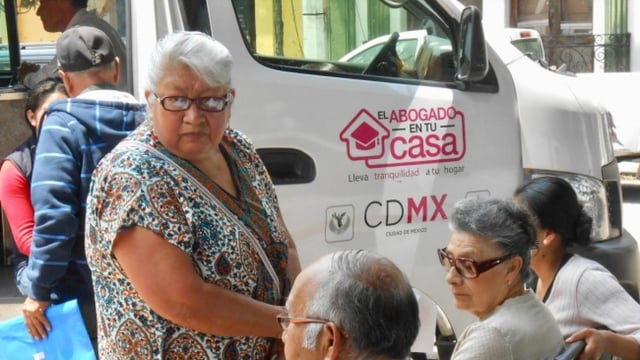Overview
- In Argentina, property with no legal heirs passes to the State at the national, provincial or municipal level where the assets are located.
- The Argentine judicial succession path outlines opening the case, declaring heirs, inventory and valuation, and partition and adjudication of assets.
- Argentine law preserves reserved portions for forced heirs, including two thirds for descendants and one half for ascendants or a spouse in specified cases.
- In Mexico, being named in a will creates no property rights while the testator lives, so a beneficiary who dies first does not pass that inheritance to their own estate.
- Mexican guidance notes that intestate cases can proceed before a notary when all heirs are adults and agree, but must go to a family judge if there are minors or disputes, with court stages covering declaration, inventory and valuation, administration, and partition.



